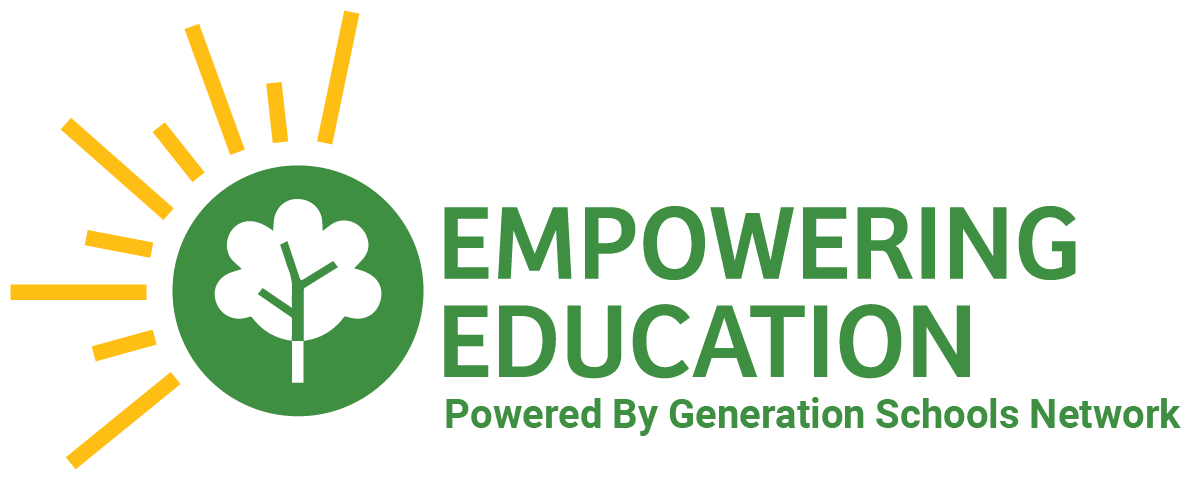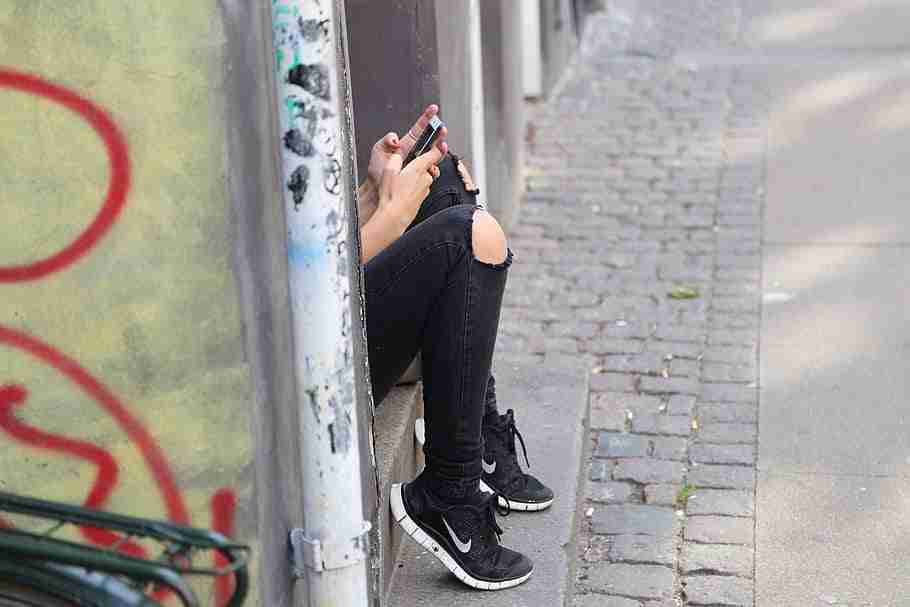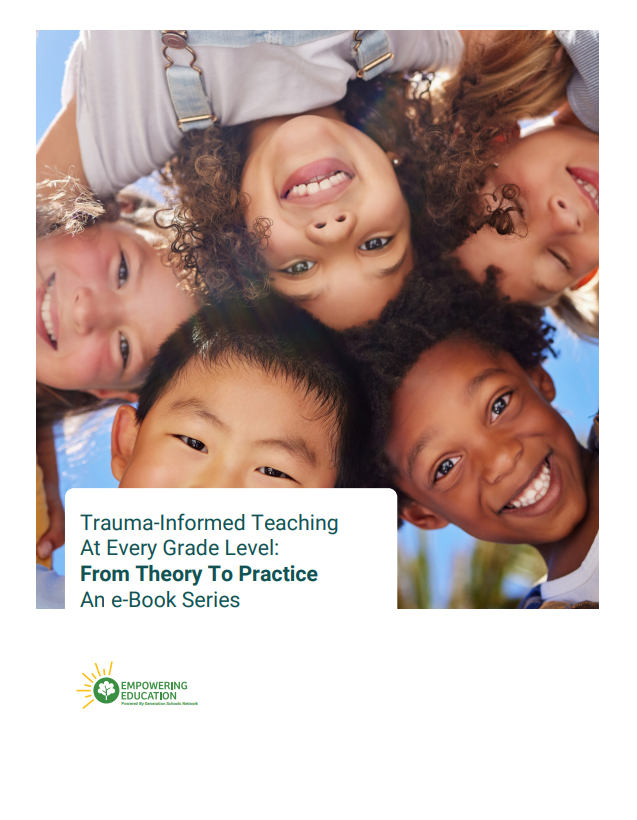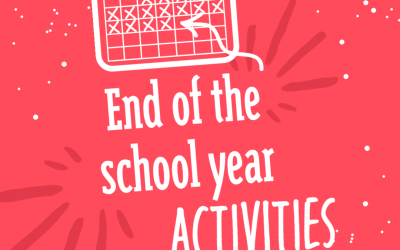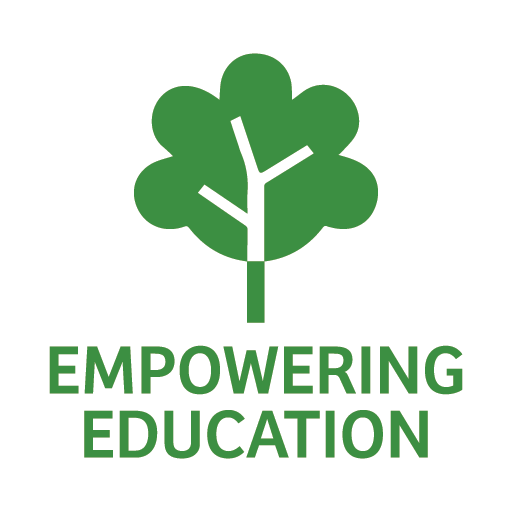An Educator's Guide to Encouraging Mindful Social Media Use for Teens
Navigating the digital landscape has become an integral part of adolescence, with social media platforms like TikTok, Snapchat, and Instagram dominating young people’s interactions more than ever before. This of course presents unique challenges for today's teenagers, especially when it comes to their mental health and safety. However, by encouraging mindful and moderate use of social media, educators can help teens foster a positive online experience. Join us as we explore practical tips for maintaining digital well-being and safeguarding online privacy.

Starting Within: Examine Your Own Social Media Habits
Guess what? Overuse of social media, and the bad mental habits that come along with it, don’t just affect teens! Adults are also prone to these pitfalls, but teenagers are particularly vulnerable because they lack the level of self-regulation that adults develop in their later years.
In order to help students combat the negative psychological effects of social media use, we must first understand what influences our online behavior. Before you teach this material to your class, clients, or children, take a moment to close your eyes and reflect on your own social media practices. Remember: The best way to teach good habits to kids is to model appropriate self-care for yourself.
Educator Self-Reflection Questions
- Am I practicing mindful social media use?
- How much time do I spend on social media each day?
- Is my social media usage impacting other aspects of my life, such as work, relationships, or hobbies?
- How does the content I consume make me feel?
- Are my interactions with others on social media positive and meaningful, or do they contribute to negativity or comparison?
- What steps am I taking to ensure my online safety and privacy?
The Negative Impact of Social Media on Teenagers' Wellbeing
Addressing 4 Psychological Effects with Digital Mindfulness Tips
#1: Seeking Comfort from Our Fears
We are all familiar with the feeling of falling short when we compare ourselves to others. But do we recognize when our comparisons make us feel better in some way?
When you compare yourself to someone else and find that you feel superior, there can be something comforting about it. You may have your faults and struggles, but at least you’re doing better than so-and-so.
In its more extreme nature, this can take the form of schadenfreude, finding pleasure at others’ misfortune. But even in its most mild and innocent state, schadenfreude is an empty comfort with a problematic shadow side.
If you feel good about being better-off than some, the trade-off is feeling bad about being worse than so many others. This is the destructive cycle leading to the second pitfall of social media.
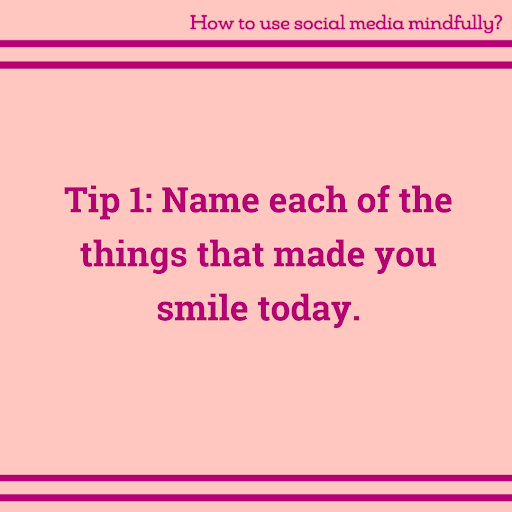
#2: Confirming Your Imperfection
Much more obvious, painful, and commonplace is the sense of inadequacy that arises when we compare ourselves to those we perceive as having more than us.
This can be the envy you feel at someone’s perfectly curated vacation photos, or just hearing someone else’s good news.
Comparisons can even lead to questioning your worth. Despite all evidence to the contrary, you may start to belittle yourself for not being good enough. It’s difficult to appreciate who we are and our inherent value when it seems like other people have it so much better than we do.
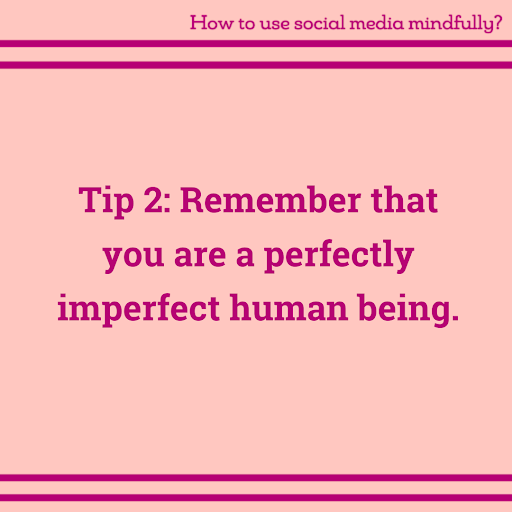
#3: The Destructive and Unattainable Ideal
Even if we are able to let go of comparing ourselves to others, another potential comparison still remains – comparing ourselves to an idealized version of ourselves.
This can arise as a romanticized version of who we remember being in the past. Or, instead of looking toward the past, some people imagine an unrealistic \ future. We compare who we are today to a much better-off version we will be “someday, when…”
The problem is that this ideal cannot be achieved. We disregard what is actually real - who we are right now - in exchange for a theoretical, better future that will most likely never exist. Even if you did win the lottery or lose those last 10 pounds, this arrival fallacy, the sense that it could always be better will continue to remain.
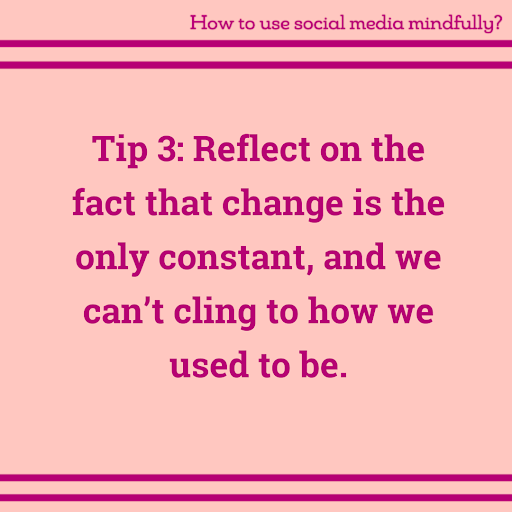
#4: The Emotional Aftermath of Post-Share Regret
Lastly, the psychological consequence of social media use that often goes unnoticed until it's too late is the emotional toll of regretting what we’ve shared.
In the pursuit of connection and validation, we often feel pressure to project an idealized version of our lives. In doing so, we may overshare personal details or post impulsive thoughts. Unfortunately, this only furthers a vicious cycle of comparison.
Sometimes, as perspectives evolve, what seemed harmless or amusing in the moment may become a source of embarrassment or remorse. The permanence of digital footprints amplifies this regret, as past indiscretions can resurface unexpectedly, affecting relationships, reputation, and even future opportunities.
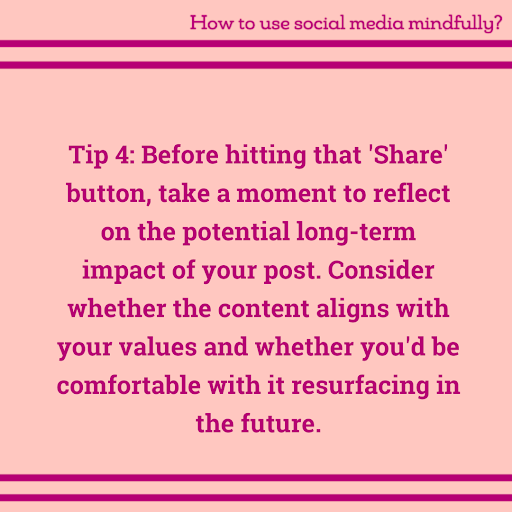
Dive Deeper With Our High School “Protecting Your Privacy” Unit
If you found these mindful social media tips beneficial in your classroom, you'll discover a wealth of additional insights and practical strategies in our 9-12 Protecting Your Privacy Unit. Covering a spectrum of internet safety topics, from understanding privacy settings to recognizing potential threats, this unit empowers educators and students to foster a responsible and secure online presence.
